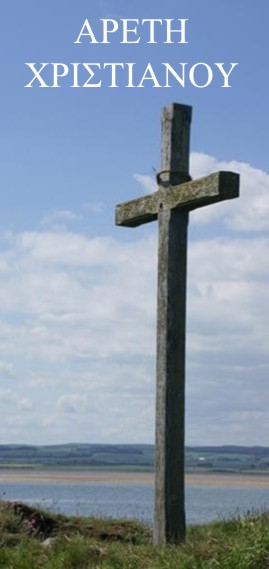 Is there a Third Way for worship? Jim Belcher, in Deep Church: A Third Way Beyond Emerging and Traditional
Is there a Third Way for worship? Jim Belcher, in Deep Church: A Third Way Beyond Emerging and Traditional examines this question and contends there is a genuine third way beyond the traditional and the emerging.
What is your church doing to recover the ancient worship traditions? What are first steps for discovering our roots?
Jim’s own experience might well express the whole issue: “I longed for the experience of God’s presence and desired the restoration of liturgical elements of worship. I had grown weary of the thinness of contemporary worship, which seemed so lifeless and often done by rote. But I didn’t want to return to the traditional style I grew up with …” (124).
So what does he want?
“… worship that embodied a genuine encounter with God, had depth and substance, included more frequent… Communion, was participatory, read more Scripture… creatively used the senses, provided more time for contemplation, and focused on the transcendence and otherness of God” (124).
His sketch is of Dan Kimball’s famous book: Emerging Worship: Creating Worship Gatherings for New Generations and what goes on at his church, Vintage Church, in Santa Cruz.
and what goes on at his church, Vintage Church, in Santa Cruz.
The beef of traditionalists: it is all consumerism. “If you pander to the consumer … you will eventually get burned” (131). But this consumeristic critique is in my view a cheap, common and not very insightful critique. Jim Belcher, though, gets to the heart of the issue:
Both traditional evangelical and emerging sensibilities are driven by an (often) unconscious low church theology that has almost no place for the Great Tradition or for the forms that were at work in Reformation churches. Low church evangelicalism and emerging are not plugged into the history of the Church when it comes to worship so all it can do is dabble and play with fragments.
I recently posted about this here. We looked at Bryan Chapell, in Christ-Centered Worship: Letting the Gospel Shape Our Practice
. There are other good proposals, including:
. There are other good proposals, including:
D.H. Williams (Evangelicals and Tradition: The Formative Influence of the Early Church (Evangelical Ressourcement: Ancient Sources for the Church’s Future)
), and
), and
Belcher’s got it made: he started his church; he’s Presbyterian. The issue is deeper: what do low church evangelicals do, what can they do, when their churches are stuck — and deeply stuck — in the low church tradition and have no place and no history for the Great Tradition when it comes to worship.

